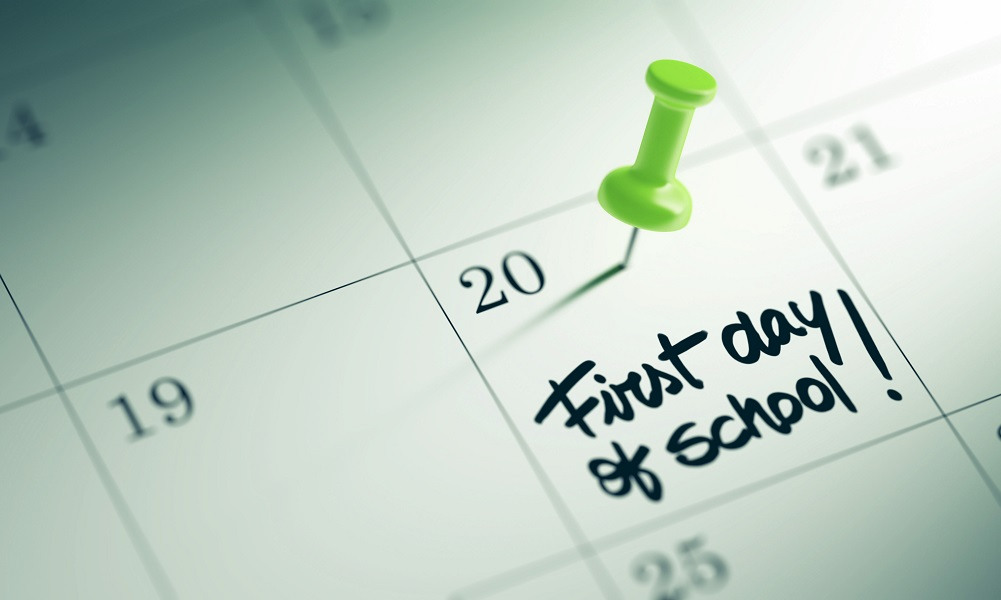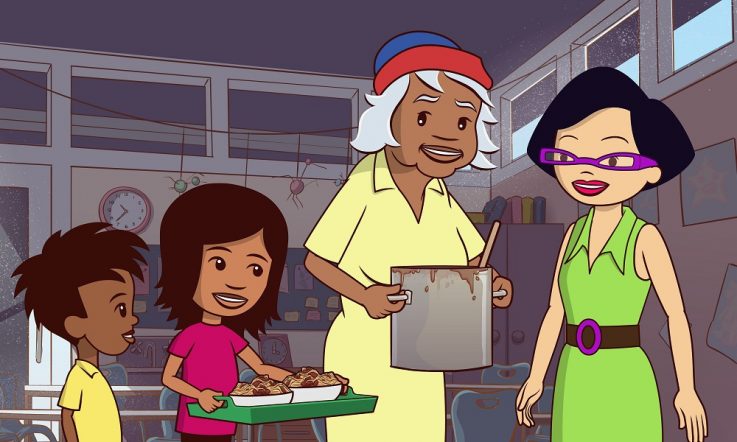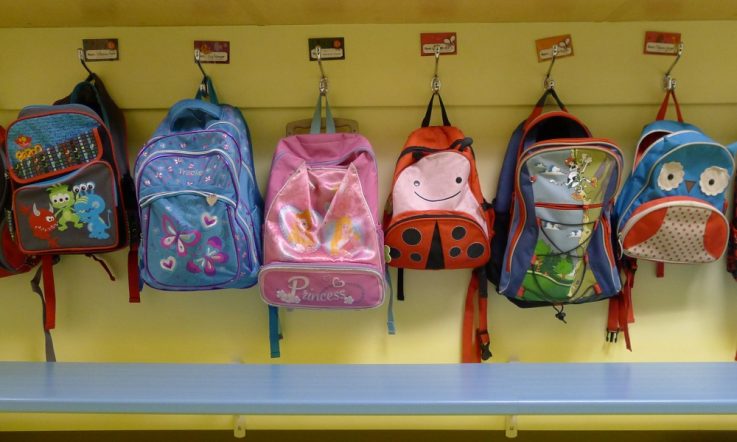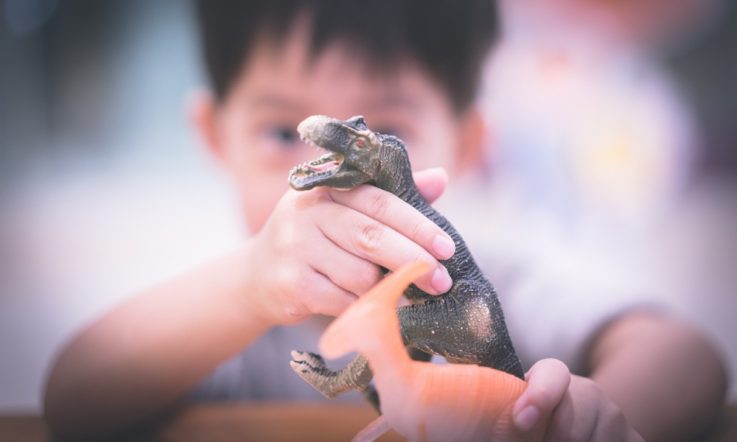A primary school in Melbourne will be implementing a new four-week program for incoming Foundation students next year to better prepare them for learning, following disruption to their kindergarten year due to the COVID-19 pandemic.
The Ready to Learn program at Kerrimuir Primary School will not only cover fine and gross motor skills, but also the social and emotional learning of students. The aim is to equip students with these skills to best prepare them for the social and academic aspects of the school year.
Learning specialist at the school, Jo Jolly, says that because COVID-19 has proved to be a disruptive year for students, particularly in Victoria, staff are conscious that children beginning school in 2021 would have missed some time at kindergarten. They anticipate this program will meet the children's developmental needs and help them refresh and build on what they've already learned. The program will extend beyond skills needed in the classroom to social aspects of school, like ensuring children can use playground equipment safely, considering they have been closed in Melbourne during restriction periods.
To deliver this program, staff at Kerrimuir Primary School are partnering with an external occupational and speech therapy agency, Zanda, which also specialises in school readiness. Jolly says that while four key areas will be worked on and these will be led mostly by school staff, they decided to engage specialists at Zanda to work with them on the social and emotional learning (SEL) aspect.
‘A lot of kids don't have the expected experience that you or I might have had. And interestingly in a pandemic year, as it turns out, this is something that we really need to be prepared for,' Jolly tells Teacher. ‘What we wanted to do was make sure that when our incoming Foundation students started next year that they were ready to fly straight away.'
Developing the Ready to Learn program
According to latest nationwide data from the Australian Early Development Census (AEDC), around one in five children in their first year of full-time school were ‘developmentally vulnerable' in one or more of the five AEDC domains (physical health and wellbeing; social competence; emotional maturity; language and cognitive skills; communication skills and general knowledge).
Last year Jolly observed the current transition process at Kerrimuir Primary school, which got her thinking about the Foundation transition process and whether there was any room for improvement. Through discussions with the Foundation team, it was agreed that they were currently spending quite some time on SEL skills with students.
‘We've just been noticing that we probably do invest quite a lot of time in that at the start of the year so wanted to get them ready to learn quicker,' Jolly says. ‘And we wanted to support the great work of the kindergartens in the area, because they work really hard so we just wanted to keep that flying so those kids were ready to go.'
Jolly says that finding an external specialist who was prepared to commit to come on-site to partner with staff during a pandemic was a challenge, so it took quite some time to find an expert to collaborate with. A parent at the school ended up putting Jolly in touch with Zanda.
‘[We] identified four areas that we really wanted to make sure that these kids were on top of so that they were ready to learn within those first four weeks [of school starting].'
‘So we looked at fine motor, gross motor, school readiness skills – which our teachers are really good at addressing, but we're going to focus an intense period on that – and our SEL skills, so that partnership with those outside people coming in to run that part of it for us,' she explains.
Aspects of the Ready to Learn program
Fine motor skills
Foundation teacher at the school, Siobhan McMahon, says checks for fine motor skills will be enhanced after undertaking professional development with an occupational therapist, who is assisting in preparing appropriate assessments for students.
‘We get a broad range of abilities when [students] start school, some of which have never held a pencil correctly before or they are unable to manage scissors and things,' McMahon tells Teacher.
‘She [the occupational therapist] is going to run a bit of PD for the Prep [Foundation] teachers next year … just give us an idea on what to look out for, skills to really teach from the beginning and how to do that really explicitly and maybe some ideas for one-on-one work to do with some children who are really struggling with fine motor and some small group activities too.'
Gross motor skills
PE staff at Kerrimuir Primary School will be working on gross motor skills with Foundation students as part of the Ready to Learn program, particularly to ensure they know how to use play equipment safely.
‘If you have a think about this year, you haven't really been able to go to the playground [because of COVID restrictions],' Jolly says. ‘You don't always have the experience of how to use all the equipment and that's really important to how you socialise in the yard. So she's [the school's PE teacher] going to work on how to use the equipment, how to throw balls, skipping ropes, all of those things that maybe this year, you might not have gotten a lot of.'
‘So the gross motor is really about outdoor play and how to access that outdoor play and that feeds into your social and emotional outdoor stuff,' she says.
School readiness skills and SEL
The SEL aspect of this four-week program will address SEL skills needed for the classroom and the playground and will be directed by Zanda.
‘Zanda talk a lot about they have a language around how do you get your body into a game, how do you get your body into a group, what does it look like on your face if you want to join in with someone, how do you deal with things if they don't go your way?' Jolly shares.
Other school readiness skills needed for the classroom will be covered with students, Jolly explains, including asking for help, addressing your teacher, and speaking with peers.
‘It's definitely been a crazy year and definitely the focus on social and emotional learning will be a big feature and it's going to be good to be able to have the time to be able to invest in that during that program,' McMahon says.
Jo Jolly says they are implementing their Ready to Learn program to meet the developmental needs of students and help them refresh and build on what they’ve learned at kindergarten. She believes it’s particularly important for next year, after disruptions to learning during COVID-19.
As an early years educator, how are you preparing to address the transition process for children for the beginning of the 2021 school year? Do you have any particular concerns or areas you’d like to focus on when it comes to the school readiness skills of students?



